
6 Ways Dr. Martin Luther King Jr. Changed America
A True Inspiration and Champion of Civil Rights: Dr. Martin Luther King Jr.
Dr. Martin Luther King Jr. remains one of the most iconic figures in American history — a tireless advocate for equality, justice, and nonviolent change. His work in the mid-20th century transformed the social, political, and cultural fabric of the United States, leaving a legacy that continues to guide and inspire people around the world. Reflecting on his life, it is clear that Dr. King’s actions were not only revolutionary in their time but continue to resonate today. Here are six historic ways Dr. Martin Luther King Jr. changed America:
1. Leadership in the Civil Rights Movement
Dr. King emerged as a central figure in the Civil Rights Movement, leading nonviolent protests, marches, and campaigns to challenge segregation, racial discrimination, and systemic injustice (History.com). His leadership galvanized millions of Americans to demand change, culminating in the passage of landmark legislation such as the Civil Rights Act of 1964 and the Voting Rights Act of 1965. These laws fundamentally reshaped the legal and social landscape of the nation, protecting freedoms and rights that many Americans still enjoy today.

2. The “I Have a Dream” Speech
One of Dr. King’s most celebrated moments came during the 1963 March on Washington for Jobs and Freedom, where he delivered the iconic “I Have a Dream” speech (National Archives). In this address, he envisioned a nation where people would be judged not by the color of their skin but by the content of their character. This speech has since become a cornerstone of American rhetoric on equality and justice, inspiring generations to continue the fight against racial prejudice and systemic oppression.
3. Montgomery Bus Boycott
Dr. King rose to national prominence during the Montgomery Bus Boycott of 1955, a pivotal protest against segregated public transportation in Montgomery, Alabama (Encyclopedia Britannica). Lasting over 381 days, the boycott ultimately resulted in a Supreme Court decision declaring segregation on public buses unconstitutional. Beyond the immediate victory, the boycott established a blueprint for nonviolent resistance in the United States, demonstrating that collective action and moral courage could bring about transformative change.
4. Nobel Peace Prize Recognition
In 1964, Dr. King was awarded the Nobel Peace Prize for his unwavering commitment to civil rights and nonviolent activism (Nobel Prize). At just 35 years old, he became the youngest recipient at the time, signaling the global importance of his work. The award highlighted the international recognition of the struggle for racial equality in the U.S. and reinforced the value of peaceful protest as a tool for social transformation.
5. Advocacy for Economic Justice: The Poor People’s Campaign
Dr. King’s vision extended beyond civil and political rights to address economic inequality. In 1968, he launched the Poor People’s Campaign, aiming to highlight poverty and economic injustice across the country (Martin Luther King, Jr. Research and Education Institute). He argued that true equality required not only legal protections but also access to education, housing, fair wages, and opportunities for all. This broadened the civil rights movement into a fight for social and economic justice for marginalized communities.
6. A Lasting Legacy of Inspiration
Dr. King’s legacy is timeless. His speeches, writings, and activism continue to educate, inspire, and mobilize individuals committed to justice and equality (History.com). Schools, organizations, and governments worldwide honor his contributions, studying his methods of nonviolent protest and his vision of a fairer society. He remains a symbol of hope, courage, and perseverance, reminding the world that change is possible when people unite for a common cause.
Dr. Martin Luther King Jr. was more than a leader; he was a visionary who dedicated his life to creating a more just and equitable America. His activism not only dismantled many institutional barriers but also inspired generations of leaders and ordinary citizens alike. As we reflect on his life and work, we are reminded that the fight for equality is ongoing, and his vision continues to guide us toward a better, fairer society.
For your bravery, courage, and sacrifice, thank you. Because of you, Dr. Martin Luther King Jr., we can.
News in the same category


7 Health Problems That Can Arise If You’re Lazy About Drinking Water

10 Foods Cancer Cells “Love” – and Why Eating Them Daily Could Be Risky

Is Eating Spicy Food Every Day Good for You? Surprising Effects of Chili on the Heart, Blood Pressure, and Longevity

If You’re a Gardener, Here’s Why You Should Collect as Many Pine Cones as You Can

You’re Doing It All Wrong. Here’s the Right Time to Actually Pick Tomatoes

“Got Tomatoes That Flower But No Fruit? Here’s Why & How to Fix It”

Didn’t Realize You Could Do This

‘He was a Snake’: Hugh Jackman’s Ex-Wife Plotting to Expose Everything Following the Actor’s Flirty Red Carpet Debut with Sutton Foster

Howard Alumni Phylicia Rashad and Taraji P. Henson Surprise Student With a $25K Scholarship
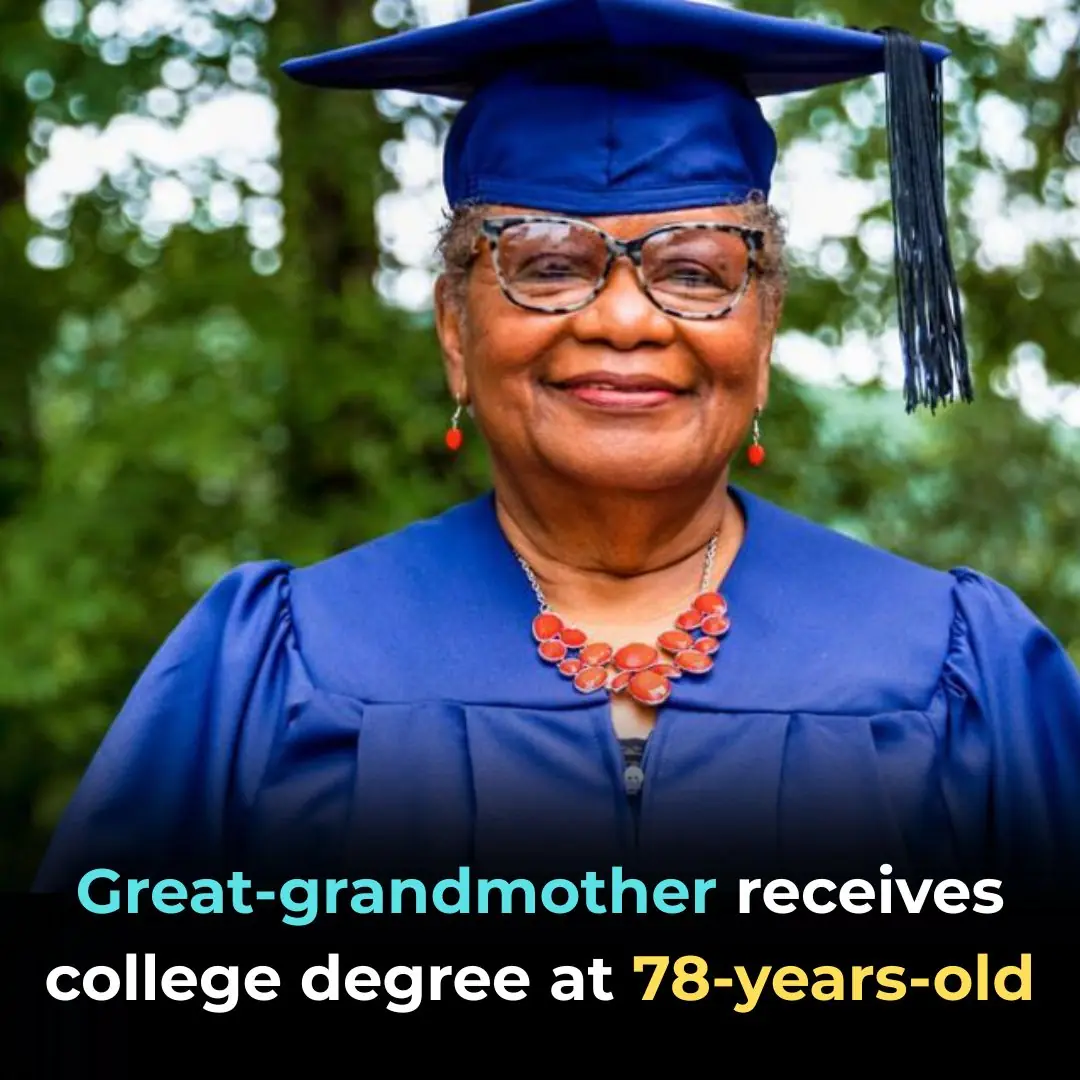
Great-Grandmother Receives College Degree At 78-Years-Old
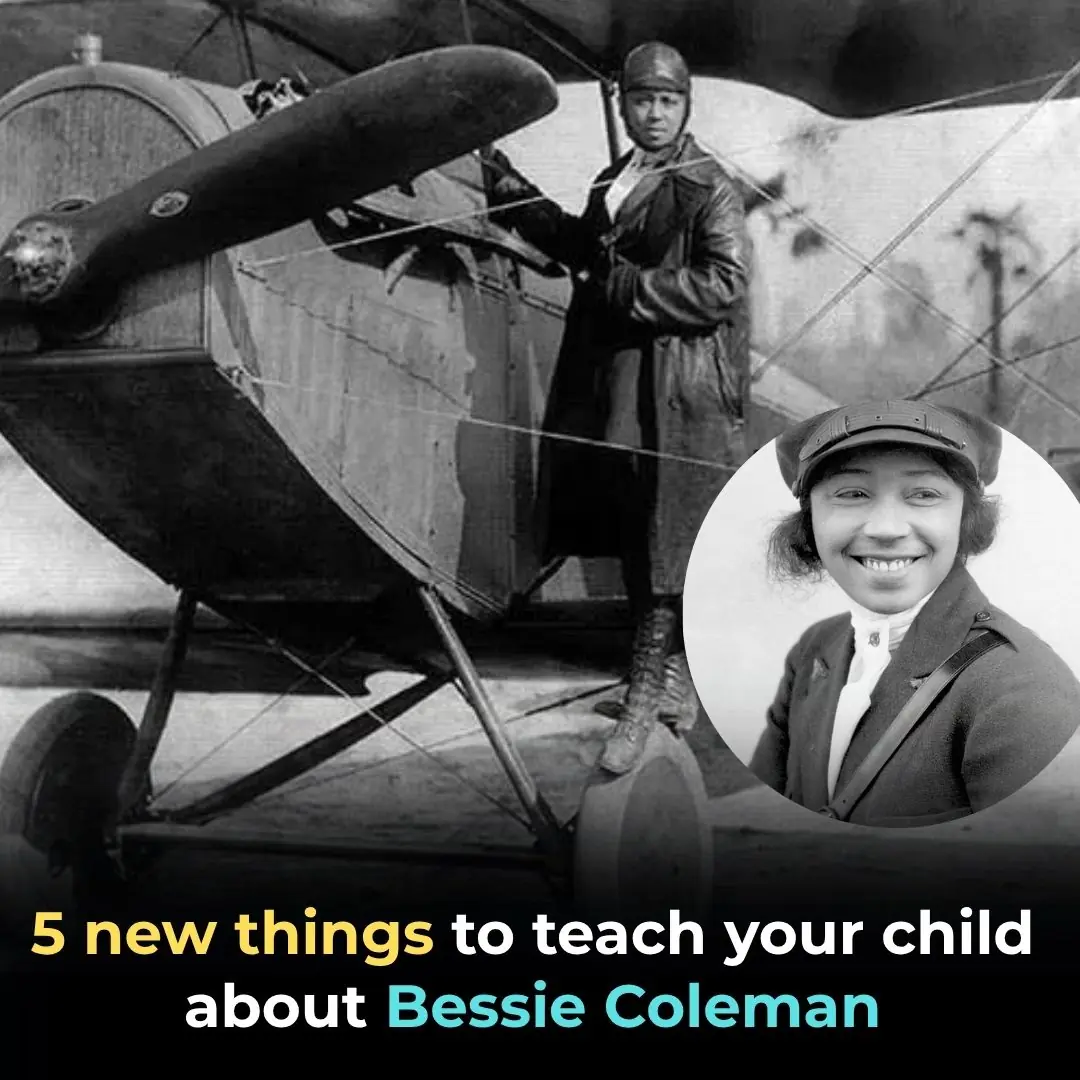
5 New Things To Teach Your Child About Bessie Coleman

This Family of Four Is Providing Black Families With Top-Rated Luxury Bookings
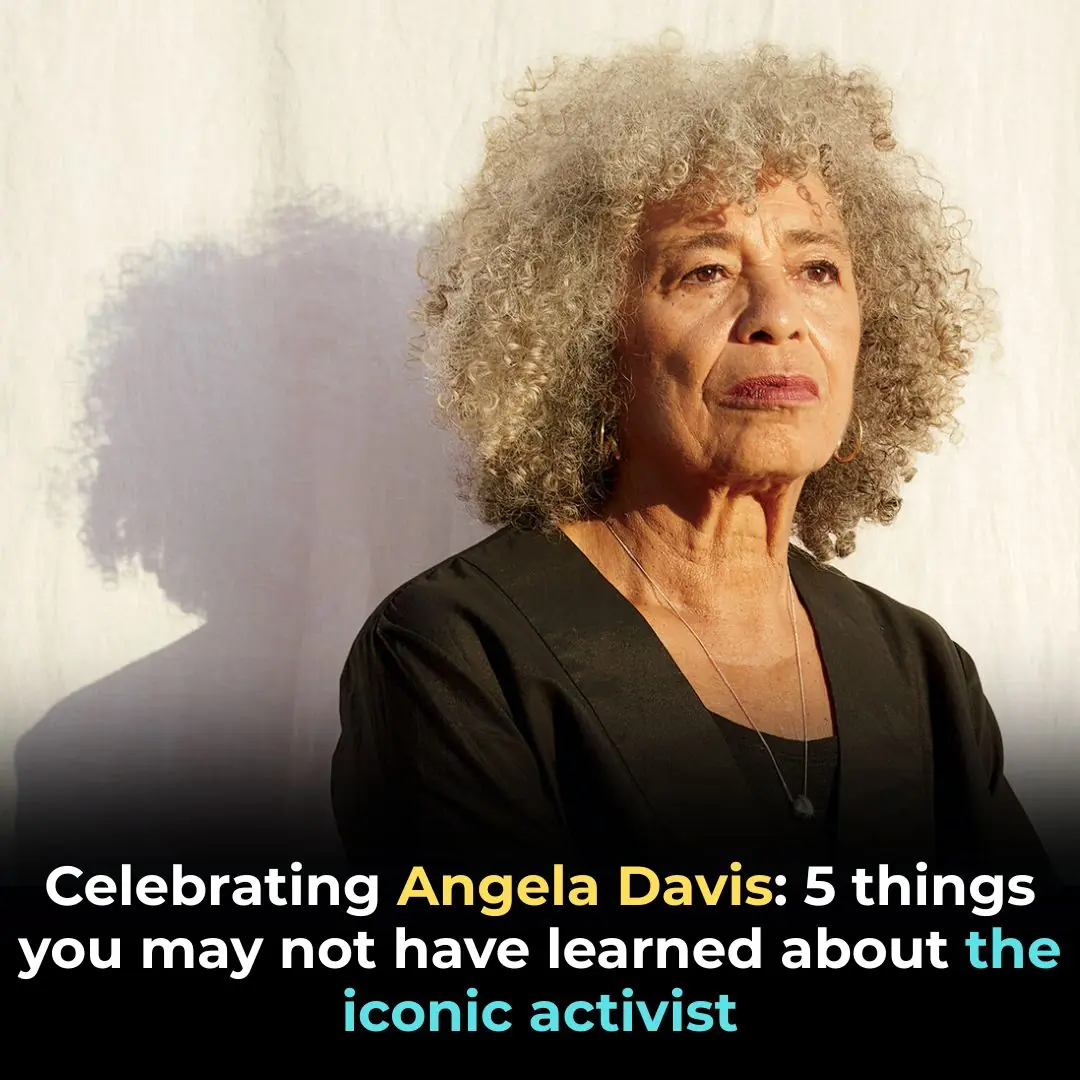
Celebrating Angela Davis: 5 Things You May Not Have Learned About the Iconic Activist

Huge blow for Cat Burns and Alan Carr ahead of Celebrity Traitors final as Brits back Faithfuls to win

Strictly pro Kai Widdrington ‘in trouble’ over brutal comment to Vicky Pattison: ‘So bad’

Why The Celebrity Traitors isn’t on BBC One tonight and when you can watch The Final and Uncloaked
“Now this method is so clever! Wish I thought of it!”

Why Your Rosemary Keeps Dying — And The Easiest Hack To Save It
News Post

Senna Alexandrina: 7 Benefits and uses

Ginger and Orange Detox Drink – Cleanse Kidneys, Liver, and Lungs Naturally

The Purple Maguey Plant — Benefits and Traditional Uses

Don’t Throw Away Banana Peels! Keep Them for These Surprisingly Useful Purposes

Wooden Cutting Board Mold and Odor? Soak It in This “Solution” and It Will Be Spotless

Lard or Vegetable Oil: Which Is Better? Many People Still Misunderstand This Common Cooking Question

Clogged Toilet? Try This Simple Trick and It’ll Flush Smoothly in Just 5 Minutes — No Plumber Needed

Air Conditioner Blows Air but Doesn’t Cool? Try This Simple Fix Before Calling a Technician

I had no idea about this
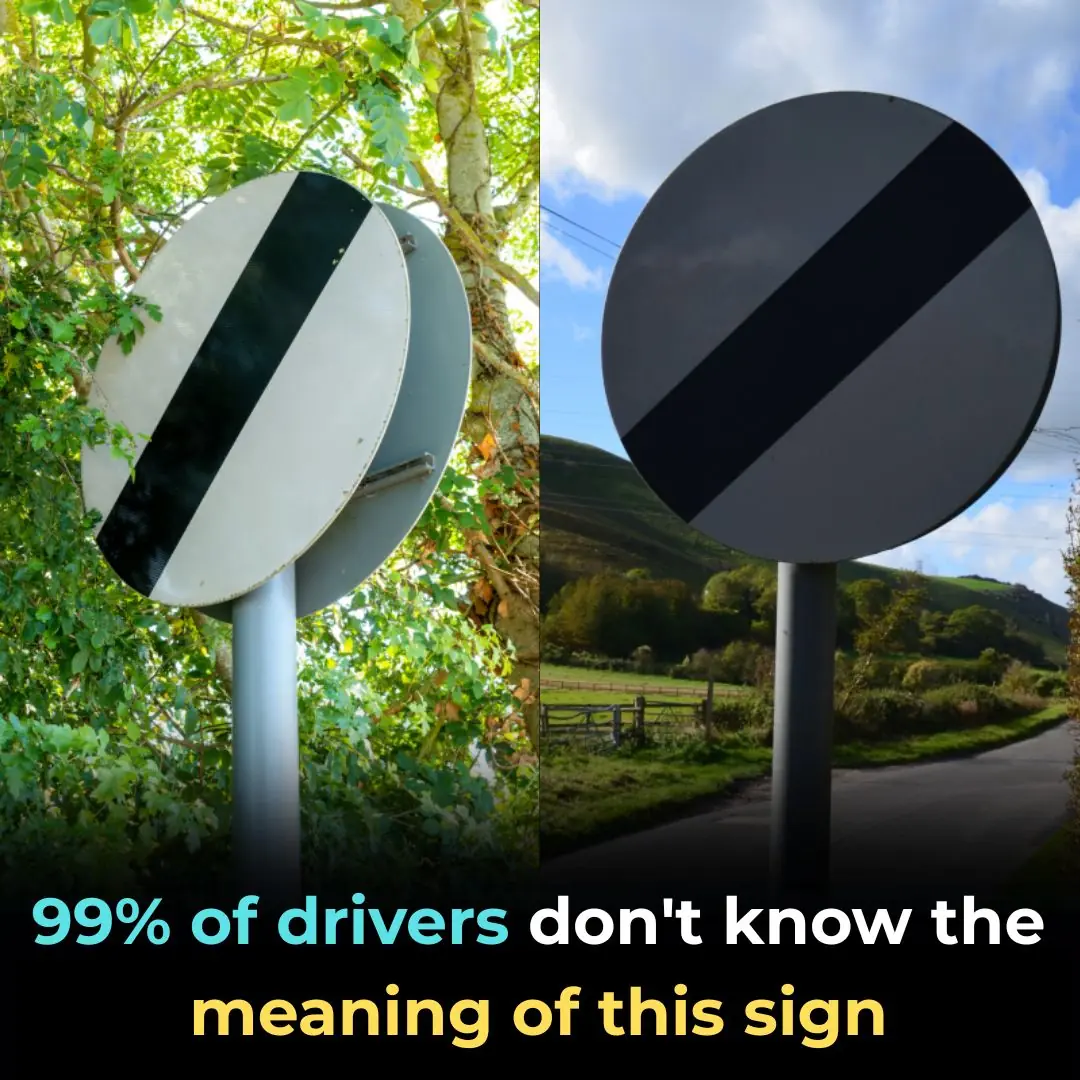
Majority Don’t Know What This Sign Means

I had no clue about this
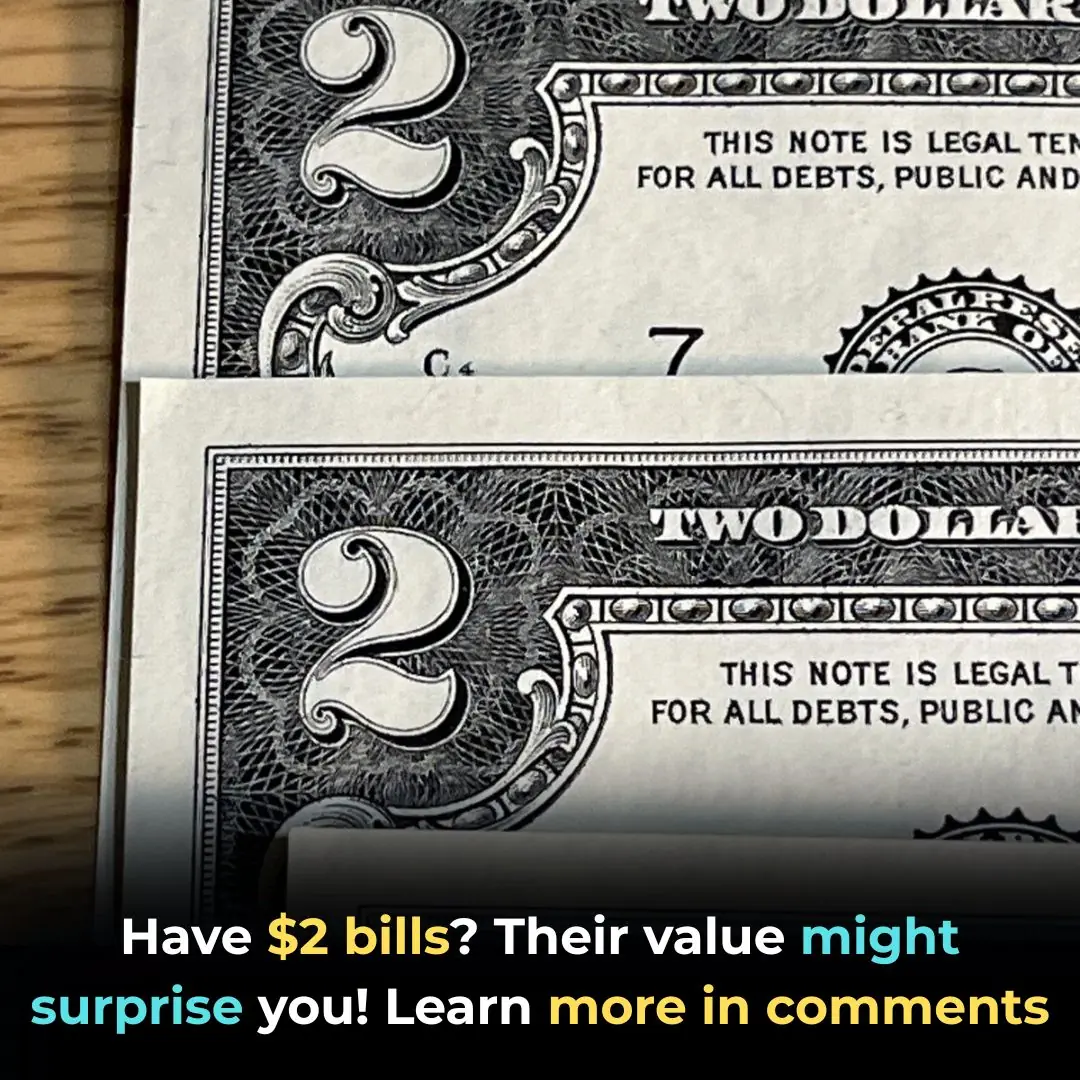
Have $2 bills? Their value might surprise you!

Put lemon and baking soda in a glass and place it in a room you frequent. Here’s why

You’re Doing It All Wrong: Here’s the Right Time to Pick Tomatoes

7 Health Problems That Can Arise If You’re Lazy About Drinking Water

10 Foods Cancer Cells “Love” – and Why Eating Them Daily Could Be Risky

Is Eating Spicy Food Every Day Good for You? Surprising Effects of Chili on the Heart, Blood Pressure, and Longevity

If You’re a Gardener, Here’s Why You Should Collect as Many Pine Cones as You Can

You’re Doing It All Wrong. Here’s the Right Time to Actually Pick Tomatoes
